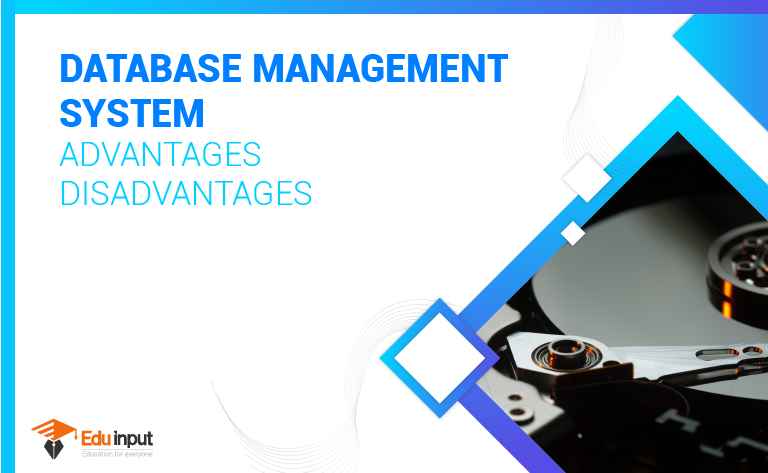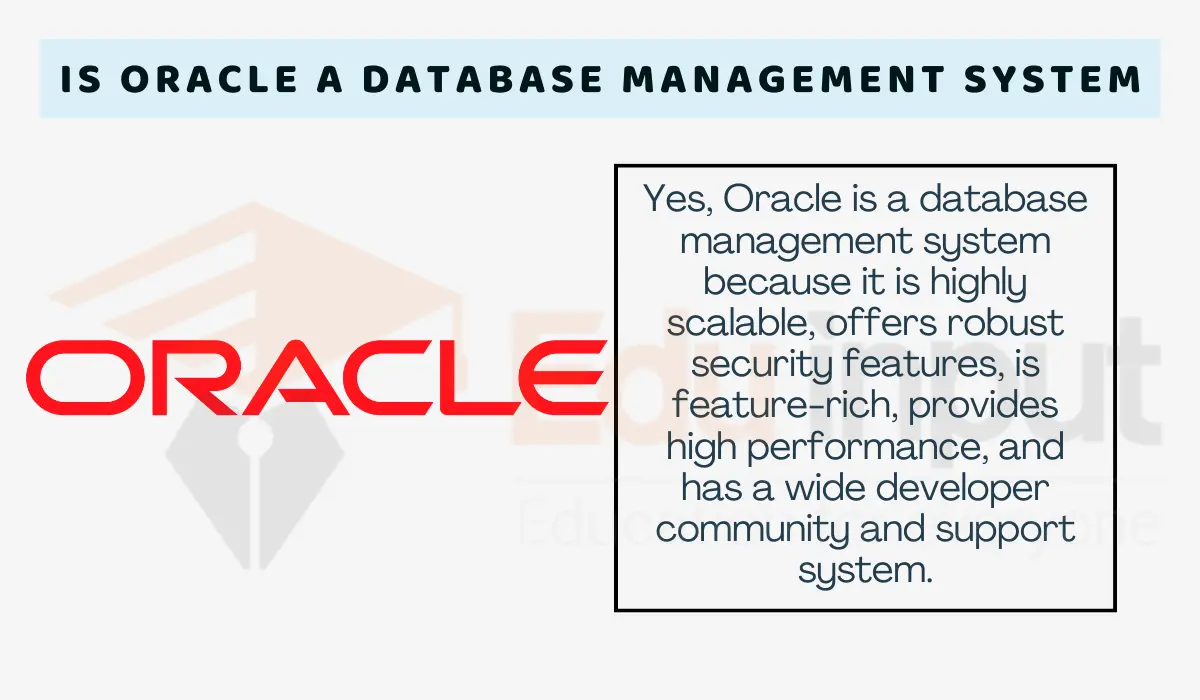Data Dictionary in DBMS–Types of Data Dictionary
Data Dictionary is a repository of information that describes the logical structure of the database. It contains record types, data item types, data aggregates, etc. Data dictionaries in some systems store database schema and can be used to create and process databases. The data dictionary contains metadata. Metadata is the data about the data stored in the database.
Uses of Data Dictionary
Different uses of the data dictionary are as follows:
Information about data
A data warehouse is a type of database that is used to collect and store information from multiple sources in one central location. This helps management get control over data and use it as a resource more effectively.
Communication with user
Data dictionaries provide great help when it comes to communication, as they store the precise meanings of data items. It is crucial that an exact definition of each item is stored in the data dictionary, as this can be used in case of any problems.
Record of change in database structure
The data dictionary is like a history book for your database. It keeps track of changes to the database structure, such as the creation of new data items or modification of data item descriptions. This way, you can refer back to the data dictionary to see how the database has changed over time.
Determining the impact of change
A data dictionary is like a map that shows all of the items in a database and how they are related to each other. This is important for database administrators (DBAs) because it can help them see the potential effects of a change before they make it.
Recording Access control information
The data dictionary is a crucial part of any organization’s security infrastructure. It stores information about who is authorized to access what data, and it also defines the types of access each user has. By keeping this information up-to-date and accurate, the data dictionary helps to ensure that only authorized users can access the data they need.
Audit information
It also keeps a record of each access to the database. This information can later be used for audit purposes.
Types of Data Dictionary in DBMS
Different types of data dictionaries are as follows:
Integrated Data Dictionary
A data dictionary that is part of DBMS is called an integrated data dictionary. It performs many functions throughout the life of the database not only in the design phase. There are two types of integrated data dictionary:
Active Data Dictionary
The integrated data dictionary is called active if it is checked by DBMS every time a database is accessed. It is always consistent with the actual database structure. It is automatically maintained by the system.
Passive Data Dictionary
The integrated data dictionary is called passive if it is not used in day-to-day database processing.
Freestanding Data Dictionary
A data dictionary that is available without a particular DBMS is called a freestanding data dictionary. It can be a commercial product or a simple file developed by the designer. Many CASE packages provide a data dictionary tool. It is preferable in the initial design stages before choosing any particular DBMS

 written by
written by 



Leave a Reply